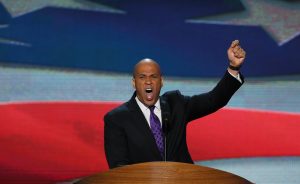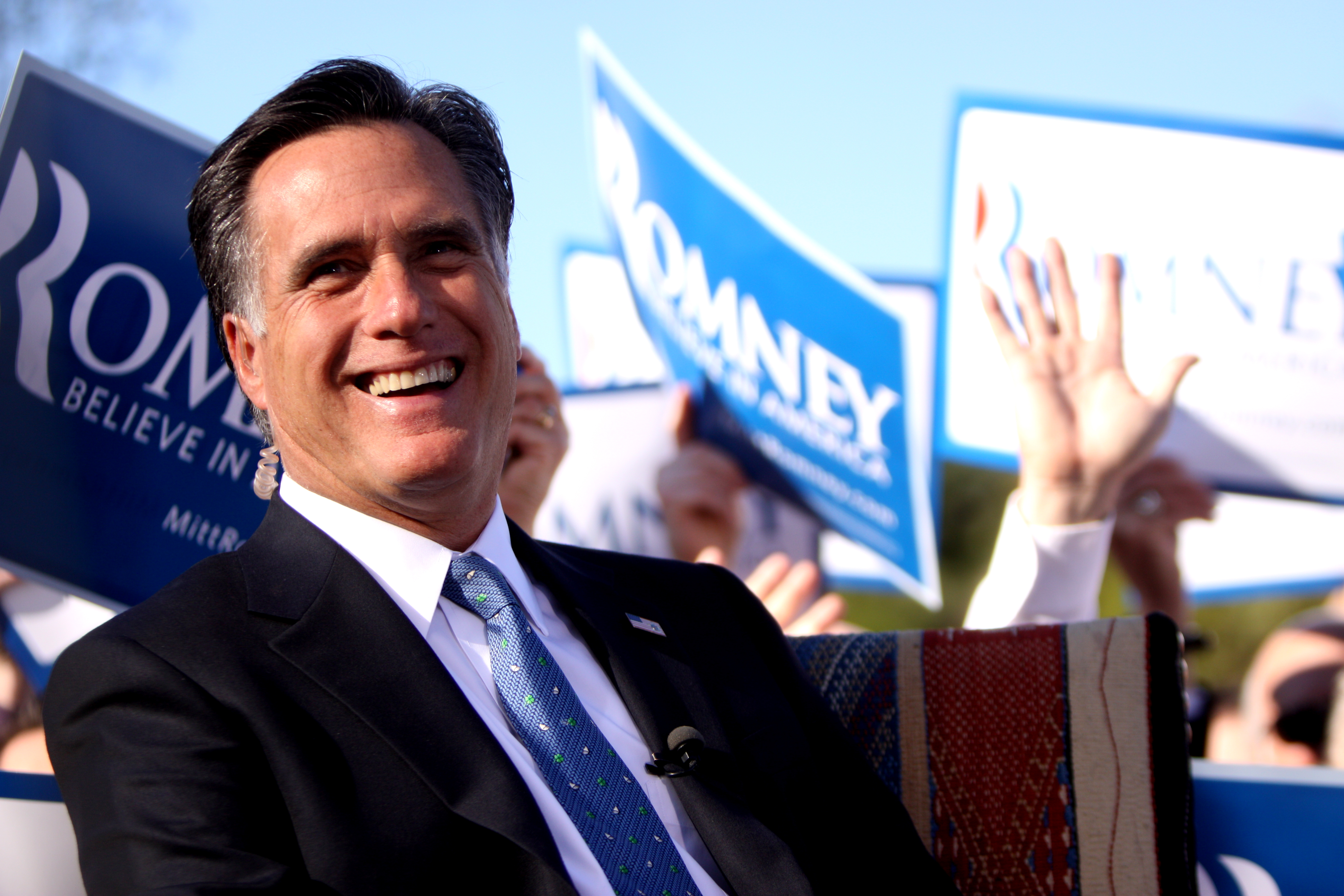 By: Andrew Roberts
By: Andrew Roberts
It can be assumed that with every loss of a politician, whether by death or resignation, a power vacuum is inevitable. Congressman Bob Turner (R-NY), for example, took advantage of a power vacuum in a New York House district race following former Congressman Anthony Weiner’s (D-NY) resignation that resulted from a sexting scandal. Former Senator Scott Brown (R-Mass.) used a power vacuum that opened up when the late Senator Ted Kennedy (D-Mass.) passed away to later threaten the passage of Obama’s health care law. Just over a week ago, on Monday, June 3, it was announced that another power vacuum had appeared in the upper-chamber of Congress after the unfortunate death of Senator Frank Lautenberg (D-NJ).
Lautenberg was known in the Senate as a strong liberal voice who fought the alcohol and tobacco lobbies, advocated for stricter gun control, and promoted subsidies for public transit. According to the Americans for Democratic Action, Lautenberg had a 94 percent liberal voting record.
Gov. Chris Christie (R-NJ) has set a special election to take place on October 16, 2013 to fill this recently opened power vacuum. This date, rather than the traditional November Election Day, was likely chosen so that Democratic candidates for the Senate seat will not attract the large liberal voter turnout that would vote for state Senator Barbara Buono, Christie’s gubernatorial opponent. A smart political move for Christie, but maybe not the smartest. It was thought that Christie could have selected November 2014 for the special election, which would have given his likely Republican placeholder a year and a half to build a strong voting record before the appointee’s first real election. This potential electoral win would be big for Garden State Republicans, as New Jersey has not elected a Republican senator since 1972.
Still, Christie had a tricky choice to make when deciding whom to appoint to the Senate until the special election. On the one hand, if he did not appoint a moderate, he could risk alienating the moderate-to-left voters that make up the majority of the New Jersey electorate and who currently support his gubernatorial reelection campaign. On the other hand, if he did not appoint a strong conservative, Christie could have lost support of the national right that is a vital group for a potential presidential bid. Christie announced on Thursday that he was appointing Republican state Attorney General Jeff Chiesa as his Senate placeholder. Chiesa describes himself as a “conservative Republican,” so it seems like Christie was more concerned with national conservative backlash.
While Christie deals with the windfall from his tough decision, one New Jersey Democrat is roaring up his campaign engine for the October 16 special election. Newark Mayor Cory Booker (D-NJ) had already announced plans to run for Lautenberg’s seat in 2014, before the late senator had even announced plans to retire. With the special election set, Booker has lost almost a year of campaign time and must start an aggressive campaign in the case of any primary opponents. The Senate balance between Democrats and Republicans would not change if Booker won, although it would prevent Republicans from gaining another seat. Booker could, however, make a significant impact as a new voice in the upper-chamber. As Lautenberg had cozied into a veteran senator position, he had lost a lot of his flare and proactivity. Booker would have to work to gain and keep approval, something that could motivate other Democrats on their policies.
Booker served as Newark City councilor from 1998 to 2002 and came back from a defeat in his 2002 mayoral bid to win in 2006. Booker has been committed to reducing crime, increasing gun control, and fighting poverty during his tenure. He is best known for his individual commitment to civic duty, which is shown in a number of examples. During Hurricane Sandy, Booker opened his personal doors to residents who had been affected by the storm. While returning home one evening, he noticed that a neighbor’s house was on fire and ran in to save a trapped young woman from the burning home, despite protests from his security detail. Booker often shares his personal cell phone number to people in need on Twitter. In one instance, Booker even volunteered to personally shovel an older gentleman’s driveway during a New Jersey blizzard. To raise awareness for low-income living conditions, Booker lived on $4 per day for food, the typical amount for those using Supplemental Nutrition Assistance Program (SNAP, or commonly referred to as food stamps). Then, while weakened by this weeklong challenge, Booker responded to a car accident in his neighborhood, helping the passengers and directing traffic. All of these local hero actions have boosted his popularity, as a recent poll shows a 70 percent approval rating with Newark voters.
The question still remains, however, of whether or not a few instances of civic duty qualify Booker for the United States Senate. Some have criticized Booker for focusing on these publicity stunts rather than his mayoral position. Instead of creating effective policy to assist low-income residents, Booker spent a week showing America that he is capable of living on food stamps, something 15 percent of Americans do every single day. Crime is still rampant in Newark and is a concern Booker must address if he wants to be considered a legitimate candidate for Senate. Still, one must look at Booker’s commitment to Newark and his civic actions – as publicity stunts or not – with a level of admiration. If he is willing to put the same amount of effort into his campaign and as a senator, he at least deserves a shot at filling that power vacuum.

